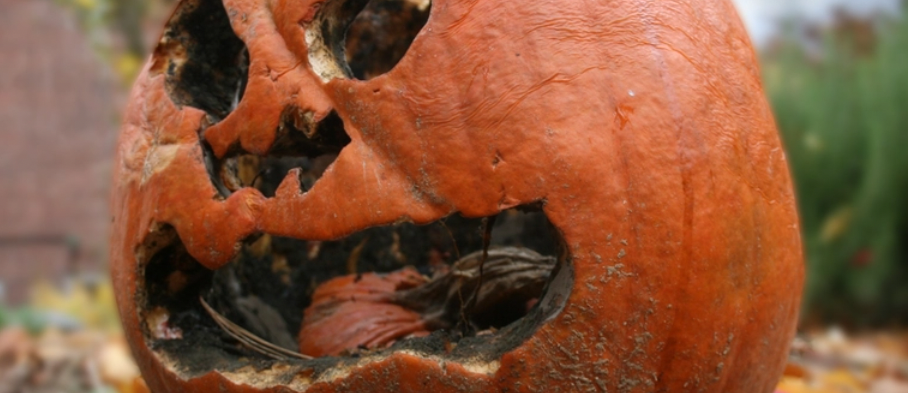Bad breath (officially called halitosis) is more than just an annoyance. It can be a symptom of underlying health problems, some of them serious. If you have persistent bad breath, you should bring it up with your dentist.
Most types of halitosis stem from issues in the mouth, although in a few cases bad breath can come from other parts of the digestive or respiratory systems. Below are some of the common causes of bad breath as well as what you can do to treat them.
Dental Hygiene
Poor hygiene is the most common reason for bad breath. If you don’t keep your mouth clean, bacteria and decomposing bits of food in your mouth can create strong smells. If left to fester, your gums may also get infected, leading to additional foul odors. Even if you brush and floss properly, sometimes food or bacteria can remain on the back of your tongue, creating halitosis, in which case you may want to consider a tongue scraper.
Dry Mouth
Saliva is an important defense mechanism for the mouth, helping to clean out food and remove bacteria. If your mouth isn’t producing enough saliva, bad bacteria can take hold and multiply, leading to halitosis.
Tobacco
The lingering remains of tobacco products cause unpleasant odors in the mouths of users. In addition, smoking or chewing tobacco creates oral inflammation that can lead to gum disease and other health problems that cause bad breath.
Infections & Diseases
If you’ve had a tooth extracted or otherwise had surgery in your mouth, the site of the wound may become infected and start to smell. Similarly, an infection in your throat or sinuses can cause halitosis. Some diseases, including chronic acid reflux, respiratory infections, and diabetes, can also generate bad breath, as can certain medications you may be taking. Unless this type of bad breath is persistent, however, it may not be cause for concern.
Fish odor syndrome – One rare medical condition that causes bad breath is called trimethylaminuria. People with this syndrome lose the ability to break down an organic compound called trimethylamine. Responsible for a fishy smell, trimethylamine builds up in the body of these individuals until it is excreted in breath, sweat, and other bodily fluids.
Onions, Garlic, and Certain Spices
The reason these foods give you bad breath is not simply because bits of food linger in your mouth. After digestion, these vegetables release odorous molecules into your bloodstream, which then get exhaled through your lungs. That’s why people can sometimes tell if you had a lot of onions or garlic the night before, even after you’ve brushed your teeth. That said, not everyone is bothered by this type of bad breath, and it doesn’t usually smell as strongly as halitosis caused by bacteria. If you regularly have bad breath there are probably other primary causes—unless you’re a huge onion and garlic fan.
Treatment Options for Bad Breath
Improved oral hygiene – The first line of defense for any halitosis issue is to check your oral hygiene. You may want to review your brushing and flossing technique with your dentist to make sure you’re not missing anything, and that you’re cleaning your mouth often enough. In addition, try using a tongue scraper to clean the back areas of the tongue where your toothbrush may not be able to reach. You’ll be surprised how much gunk comes off of your tongue, even after brushing. In many cases, a tongue scraper alone can lead to a noticeable improvement. If that still doesn’t work, consider a mouthwash if you aren’t using one already.
Diet modifications – In addition to staying hydrated and avoiding known problem foods like onions and garlic, you can also improve bad breath by making diet modifications that avoid sugar and acids. Sugary foods promote the growth of bad bacteria in your mouth, which we all know leads to cavities—but also to bad breath. Acidic drinks, likewise, can create an environment that is hospitable for the microorganisms that cause halitosis. By reducing these foods, the microbiome of your mouth may be able to restore balance and stop bad breath.
Talk to a dentist – If improved oral hygiene and diet don’t seem to be helping, consult your dentist. Your halitosis may be related to untreated gum disease, or to a lack of saliva in your mouth. In rare cases, it may be a sign of something even more serious, so chronic bad breath is something you should get checked out.






